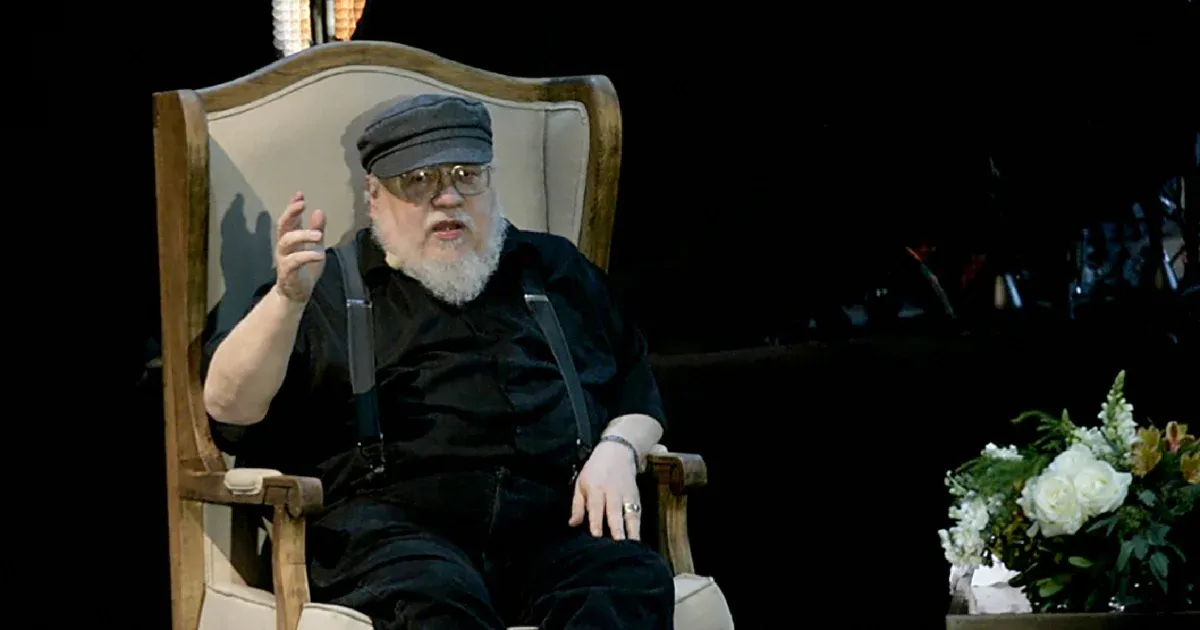Seventeen writers have filed a lawsuit against OpenAI, the maker of ChatGPT, for “systematic and widespread theft.” The plaintiffs include John Grisham, Jodi Picoult and Game of Thrones creator George R.R. Martin. AP reports.
In documents filed Tuesday in federal court in New York, plaintiffs allege that “ChatGPT infringed their copyright” and that OpenAI is a company that relies on systematic theft. The lawsuit was filed with the support of the Authors’ Guild (Szerzők Céhe in Hungarian).
“We must absolutely stop this theft or we will destroy our literary heritage,” Mary Rasenberger, CEO of the Authors Guild, said in a statement. “Great books are usually written by people who spend their whole lives learning and perfecting their craft.
“To preserve our literature, authors must have the ability to control whether or not their work is used by AI.”
In a statement on Wednesday, an OpenAI spokesperson wrote that the company respects the rights of writers and authors and believes they “can also benefit from AI technology.”
“We have had productive conversations with many creators around the world, including Authors Guild, and are working collaboratively to understand and address their concerns about AI. We look forward to continuing to find mutually beneficial ways to work together to help people harness the technology,” the company said in a statement. “New”.
In early September, authors in San Francisco also filed a lawsuit against OpenAI for “clear intellectual property infringement.” In August, OpenAI asked a federal judge in California to dismiss two similar lawsuits, one brought by comedian Sarah Silverman and the other by author Paul Tremblay.
In a court filing, OpenAI wrote that the plaintiffs “misunderstand the scope of copyright and fail to consider exceptions (such as fair use) that allow sufficient room for innovations such as language models for AI.”
Recently, Amazon (the largest bookstore in the United States) required authors who publish through Kindle Direct to declare in advance whether their works contain material generated by artificial intelligence.
We last wrote about AI and ChatGPT here in detail.












































